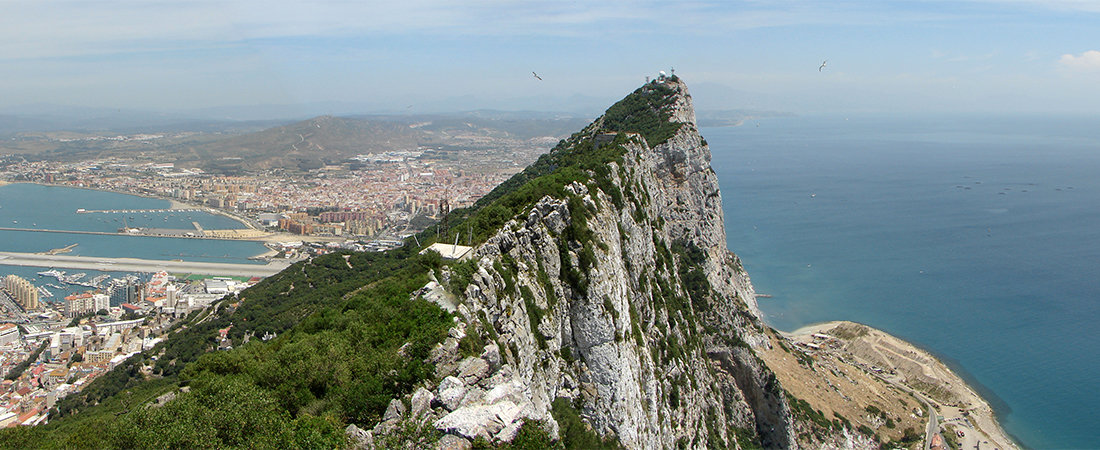Given talk of a £50 billion exit bill, anguish over three million EU nationals in Britain, and uncertainty over a financial services sector worth £125 billion to the UK economy, few expected a craggy, mountainous rock just nine miles from Africa to be the first battleground of the Brexit negotiations.
Yet it was the future of Gibraltar which saw the first skirmish, when Donald Tusk irked the UK by explicitly mentioning its status in the European Council’s draft negotiating guidelines. To the UK’s surprise, those guidelines insisted “no agreement between the EU and the United Kingdom may apply to the territory of Gibraltar without the agreement between the Kingdom of Spain and the United Kingdom”.
Now the opening salvo has died down, both sides this week have attempted to claim victory.
Brussels-supporting press have commended Spanish foreign minister Alfonso Dastis for outflanking the Brits in a masterstroke, while someone anonymously claimed DExEU was happy to give Spain a “cheap win” (even if they did underestimate domestic anger on the issue).
Spain also softened its position towards a hypothetically independent Scotland, indicating it would not block accession to the EU. This was a blunt invitation to Theresa May to consider the trade-off: 30,000 llanitos with five million Scots.
In the 2014 referendum on Scottish independence, Spanish hostility to Scotland’s insistence it would automatically remain in the EU in the event of a “yes” vote was a powerful weapon in the Unionist arsenal. And Spain knows it.
Whatever Madrid’s intentions, or whoever’s deemed to be the winner of the dispute, this first week has appeared to catch the UK off guard, in contrast to the careful stage-management of events of the previous few days.
Some have claimed that May was right to leave Gibraltar out of her Article 50 letter, arguing that to include it would have suggested its future was even a point of discussion. But this forgets that there’s more than one country trying to make a success of Brexit – Britain isn’t the only player in the game. Spain has been making moves to rally other European capitals to its position for months. And it has held its standing offer of joint sovereignty over chief minister Fabian Picardo’s head as a means of enabling Gibraltar to stay in the EU. Downing Street could have expected this.
They could also have acted sooner to downplay Lord Howard’s assertion that May – channelling her inner Maggie – would go to war to defend the Rock. Calming the row would not have upset anyone in government and might have limited the fallout.
In any event, the UK is not going to go to war with a Nato ally 700 miles from our border. The prime minister finally confirmed this on Monday, quoting Churchill to say she’d rather ‘jaw-jaw’ than ‘war-war’.
Neither side comes out with much credit from this episode. It’s arguable the European Council’s move on Gibraltar is needlessly provocative and makes the promises to negotiate in good faith seem like a distant memory already. And in the long run, this is likely to prove a storm in a tea cup. Despite the furore from both sides, it’s doubtful Gibraltar will be a key factor in the negotiations.
The 27 may come to regret this early fracas – raising the UK’s hackles when the contentious divorce bill is next up for negotiation. The UK may be ever so slightly less willing to stump up funds the EU badly wants than it was a few days ago.

